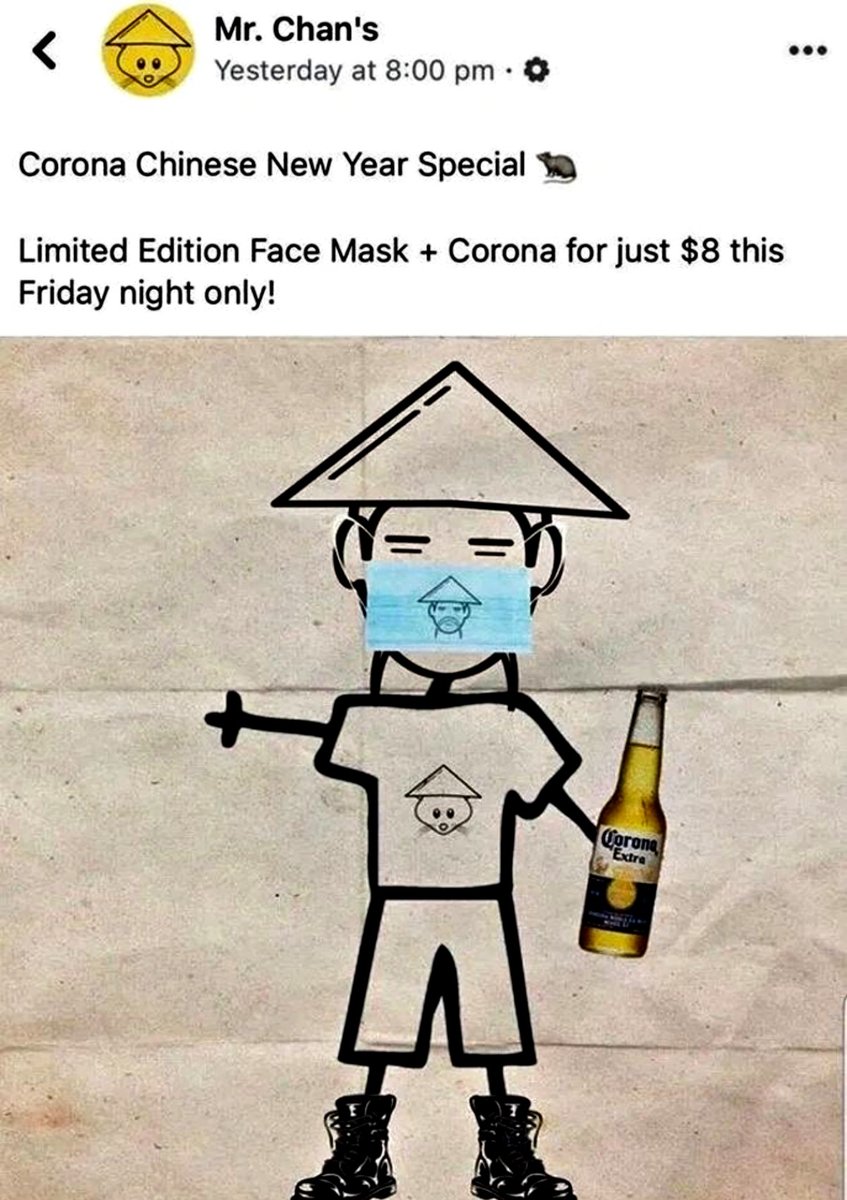
During my most recent shift at work, I met a new colleague for the first time. After being around her for a few minutes, she blurts out, “Now we’re all going to die from coronavirus!”
I wanted to tell her that out of the 15 confirmed cases of the novel coronavirus (COVID-19) in Australia, eight people have recovered and no one has died.
I wanted to tell her in an average year, around 3,500 people in this country die from the flu – a higher number than the current global death toll of COVID-19.
I wanted to tell her she’s not going to catch the virus and die just because of my Chinese heritage.
Listen: Is Coronavirus making people racist? Post continues below.
But I didn’t tell her any of those things, because I felt isolated. I remembered the degrading comment about Chinese food my boss had made a few weeks before. I knew I wasn’t going to be supported.
At my doctor’s appointment earlier this month, I quietly signed myself in and slipped into the corner of the waiting room. An East-Asian-appearing man came into the medical centre and was immediately bombarded with questions. The receptionists demanded to know when he last visited China.
I wanted to ask the receptionists why none of the other patients had been questioned.
I wanted to tell them to stop treating every Chinese-appearing person as a carrier of the virus. But I stayed hidden, because I was exhausted. I had just walked kilometres in the rain to avoid using public transport.






























































































